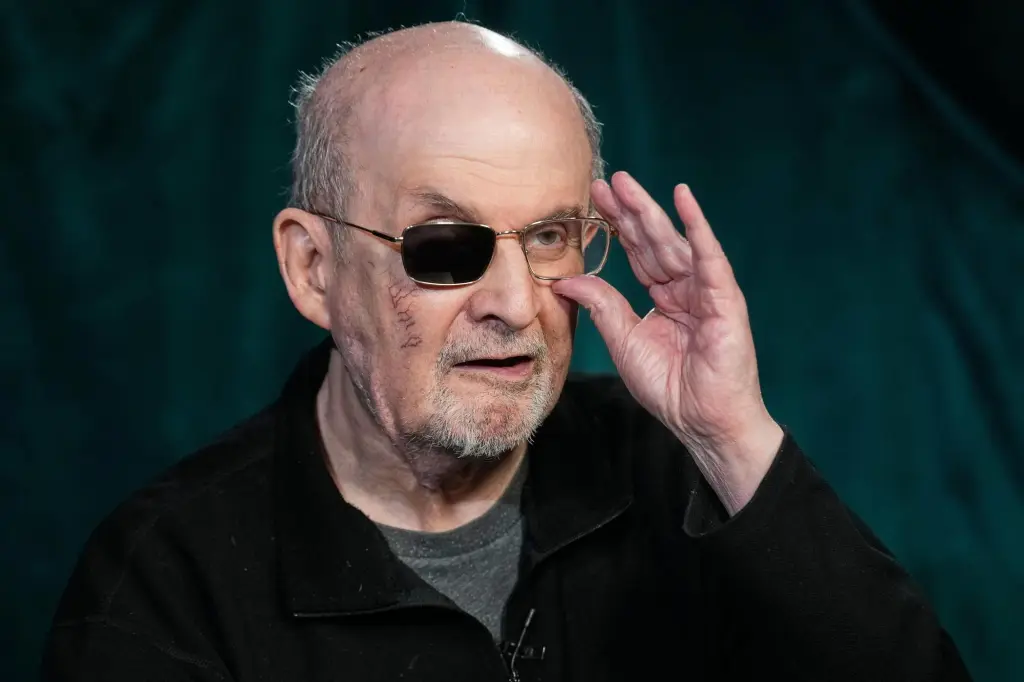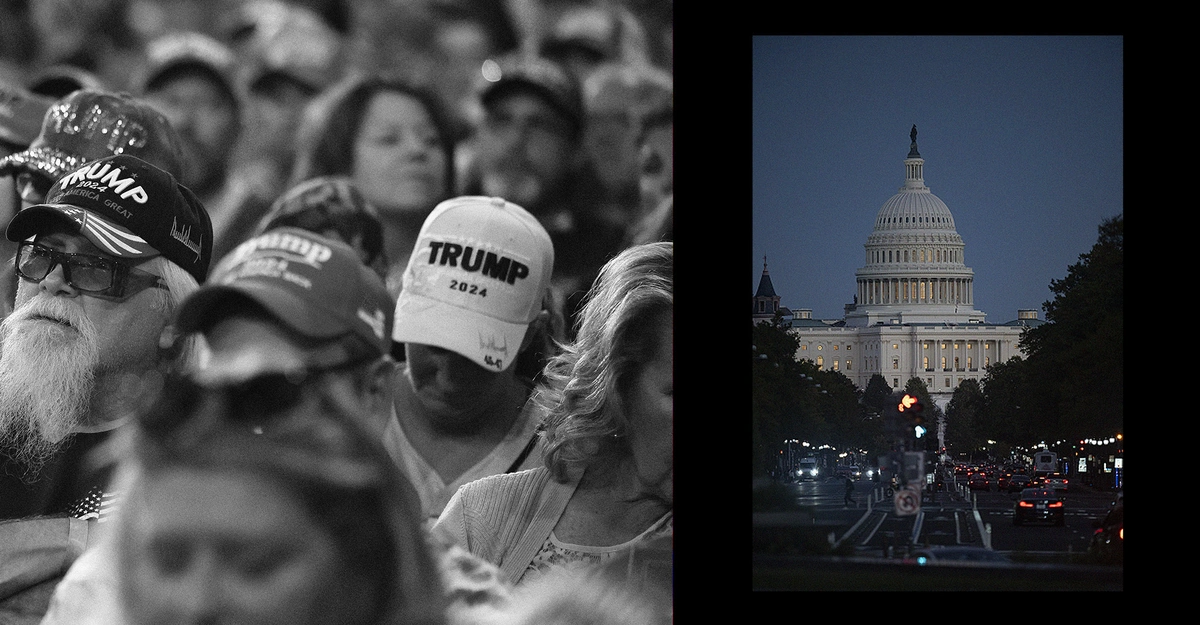Copyright St. Paul Pioneer Press

To place an obituary, please include the information from the obituary checklist below in an email to obits@pioneerpress.com. There is no option to place them through our website at this time. Feel free to contact our obituary desk at 651-228-5263 with any questions. General Information: Your full name, Address (City, State, Zip Code), Phone number, And an alternate phone number (if any) Obituary Specification: Name of Deceased, Obituary Text, A photo in a JPEG or PDF file is preferable, TIF and other files are accepted, we will contact you if there are any issues with the photo. Ad Run dates There is a discount for running more than one day, but this must be scheduled on the first run date to apply. If a photo is used, it must be used for both days for the discount to apply, contact us for more information. Policies: Verification of Death: In order to publish obituaries a name and phone number of funeral home/cremation society is required. We must contact the funeral home/cremation society handling the arrangements during their business hours to verify the death. If the body of the deceased has been donated to the University of Minnesota Anatomy Bequest Program, or a similar program, their phone number is required for verification. Please allow enough time to contact them especially during their limited weekend hours. A death certificate is also acceptable for this purpose but only one of these two options are necessary. Guestbook and Outside Websites: We are not allowed to reference other media sources with a guestbook or an obituary placed elsewhere when placing an obituary in print and online. We may place a website for a funeral home or a family email for contact instead; contact us with any questions regarding this matter. Obituary Process: Once your submission is completed, we will fax or email a proof for review prior to publication in the newspaper. This proof includes price and days the notice is scheduled to appear. Please review the proof carefully. We must be notified of errors or changes before the notice appears in the Pioneer Press based on each day’s deadlines. After publication, we will not be responsible for errors that may occur after final proofing. Online: Changes to an online obituary can be handled through the obituary desk. Call us with further questions. Payment Procedure: Pre-payment is required for all obituary notices prior to publication by the deadline specified below in our deadline schedule. Please call 651-228-5263 with your payment information after you have received the proof and approved its contents. Credit Card: Payment accepted by phone only due to PCI (Payment Card Industry) regulations EFT: Check by phone. Please provide your routing number and account number. Rates: The minimum charge is $162 for the first 12 lines. Every line after the first 12 is $12. If the ad is under 12 lines it will be charged the minimum rate of $162. Obituaries including more than 40 lines will receive a 7.5% discount per line. On a second run date, receive a 20% discount off both the first and second placement. Place three obituaries and the third placement will be free of charge. Each photo published is $125 per day. For example: 2 photos in the paper on 2 days would be 4 photo charges at $500. Deadlines: Please follow deadline times to ensure your obituary is published on the day requested. Hours Deadline (no exceptions) Ad Photos MEMORIAM (NON-OBITUARY) REQUEST Unlike an obituary, Memoriam submissions are remembrances of a loved one who has passed. The rates for a memoriam differ from obituaries. Please call or email us for more memoriam information Please call 651-228-5280 for more information. HOURS: Monday – Friday 8:00AM – 5:00PM (CLOSED WEEKENDS and HOLIDAYS) Please submit your memoriam ad to memoriams@pioneerpress.com or call 651-228-5280. By HILLEL ITALIE, AP National Writer NEW YORK (AP) — Salman Rushdie’s new book, his 23rd, is also a resetting of his career. “The Eleventh Hour,” which includes two short stories and three novellas, is his first work of fiction since he was brutally stabbed on a New York lecture stage in 2022. His recovery has been physical, psychological — and creative. Just finding the words for what happened was a painful struggle that culminated with his memoir “Knife,” published in 2024. Fiction, the ability to imagine, was the last and crucial step, like the awakening of nerves once feared damaged beyond repair. “While I was writing ‘Knife,’ I couldn’t even think about fiction. I had no space in my head for that,” Rushdie told The Associated Press last week. “But almost immediately after I finished the book, before it came out, it’s like this door swung open in my head and I was allowed to enter the room of fiction again.” Two of the pieces in his book out Tuesday, “In the South” and “The Old Man in the Piazza,” were completed before the attack. But all five share a preoccupation with age, mortality and memory, understandable for an author who will turn 79 next year and survived his attack so narrowly that doctors who rushed to help him initially could not find a pulse. “The Eleventh Hour” draws from Rushdie’s past, such as his years as a student in Cambridge, and from sources surprising and mysterious. The title character of “The Old Man in the Piazza,” an elderly man treated as a sage, originates from a scene in the original “Pink Panther” movie, when an aging pedestrian looks on calmly as a wild car chase encircles him. The novella “Oklahoma” was inspired by an exhibit of Franz Kafka’s papers that included the manuscript of “Amerika,” an unfinished novel about a European immigrant’s journeys in the U.S., which Kafka never visited. For “Late,” Rushdie had expected a straightforward narrative about a student’s bond with a Cambridge don, an eminence inspired by author E.M. Forster and World War II code-breaker Alan Turing. But a morbid sentence, which Rushdie cannot remember writing, steered “Late” to the supernatural. “I had initially thought that I would have this friendship, this improbable friendship between the young student and this grand old man,” Rushdie explained. “And then I sat down to write it, and the sentence I found on my laptop was, ‘When he woke up that morning, he was dead.’ And I thought, ‘What’s that?’ And I literally didn’t know where it came from. I just left it sitting on my laptop for 24 hours. I went back and looked at it, and then I thought, ‘You know, OK, as it happens, I’ve never written a ghost story.’” Rushdie will always carry scars from his attack, notably the blinding of his right eye, but he has otherwise reemerged in public life, with planned appearances everywhere from Manhattan to San Francisco. A native of Mumbai, he moved to England in his teens and is now a longtime New Yorker who lives there with his wife, the poet Rachel Eliza Griffiths. His most celebrated novel is “Midnight’s Children,” his magical narrative of the birth of modern India that won the Booker Prize in 1981. His most famous, and infamous, work, is “The Satanic Verses,” in which a dream sequence about the Prophet Muhammad led to allegations of blasphemy, rioting and a 1989 fatwa from Iran’s Ayatollah Ruhollah Khomeini that called for Rushdie’s death and drove him into hiding. Although Iran announced in the late 1990s that it would no longer enforce the decree, Rushdie’s notoriety continued: The author’s assailant, Hadi Matar, was not even born when “Satanic Verses” was published. Matar, found guilty of manslaughter and attempted murder in a state trial, was sentenced in May to 25 years in prison. A federal trial is still pending. Rushdie also spoke with the AP about his legacy, his love of cities and how his near-death experience did not make him any more spiritual. This interview has been edited for clarity and brevity. AP: Age is obviously a theme throughout this book, and something you had been thinking about it before the attack, the idea of “Will I be valued at the end?” “Does it matter that whatever knowledge I have accumulated?” These are things that you think about? RUSHDIE: I think about what maybe all of us think about. What do we amount to in the end? What did our life add up to? Was it worth it or was it trivial and forgettable? And if you’re an artist, you have the added question of will your work survive? Not just will you survive, but will the things you make endure? Because certainly, if you’re my kind of writer, that’s what you hope for. And, it would be very disappointing to feel that they would just vanish. But I really love the fact that “Midnight’s Children,” which came out in 1981, is still finding young readers, and that is very pleasing to me. That feels like a prize in itself. AP: Something else that struck me about the book was how much it was a book of stories about stories. The conscious art of storytelling. RUSHDIE: Yes, and much more than in the others. I think particularly the story called “Oklahoma” is very much a story about storytelling and about truth and lies. According to (Kafka’s friend and literary executor) Max Brod, Kafka had this idea that when his character arrived in Oklahoma, he would find some kind of happiness. He would find some kind of resolution, some kind of fulfillment there. And I often thought the idea of a Kafka book with a happy ending is kind of hard to imagine, so maybe it’s just as well he didn’t write the last chapter. The Oklahoma in the story is entirely fictitious. I mean, he never went anywhere. He never came to America, Kafka. But it becomes like a metaphor of hope and of fulfillment. AP: Was America like that for you? RUSHDIE: It’s why I came to live here, because I was excited by a lot about America. New York City was a place that excited me enormously when I first came here in my 20s, when I was still working in advertising. But I just thought, “I just want to come and put myself here and see what happens.” I just had an instinct that it would be good for me. And then, you know, life intervened and I didn’t do it for a long time. And then around the turn of the century, I told myself, “Well, if you’re ever going to do it, you better do it, because otherwise, when are you going to do it?” AP: I remember after the fatwa that people would refer to you as reclusive. But that is clearly not true. RUSHDIE: I like being in the world. You know, one of the things that I have often said to students when they’re following the kind of “write what you know” mantra, I said, “Yeah, write what you know, but only if what you know is really interesting. And otherwise go find something out, write about that.” I always use the example of Charles Dickens, because one of the things that impresses me about Dickens is how broad the spectrum of his characters is, that he can write about all walks of life. He could write about pickpockets and archbishops with equal credibility, and that must mean that he went to find things out. AP: Is there a part of you that likes the idea of being that old man in the piazza that people come to? RUSHDIE: I don’t want to be a kind of guru or oracle. I don’t have answers. I have, I hope, interesting questions. AP: Does writing fiction feel different to you than it did before what happened three years ago. RUSHDIE: No, it just feels like I’m so glad to have it back. I hope that people reading the book feel a certain kind of joy in it because I certainly felt joyful writing it. AP: Did any of that make you more spiritual? RUSHDIE: I’m afraid it hasn’t. It has not performed that service. AP: You are still in agreement with your friend Christopher Hitchens (the late author of “God Is Not Great”)? RUSHDIE: Hitch and myself are still united in that zone of disbelief, aggressive disbelief.



